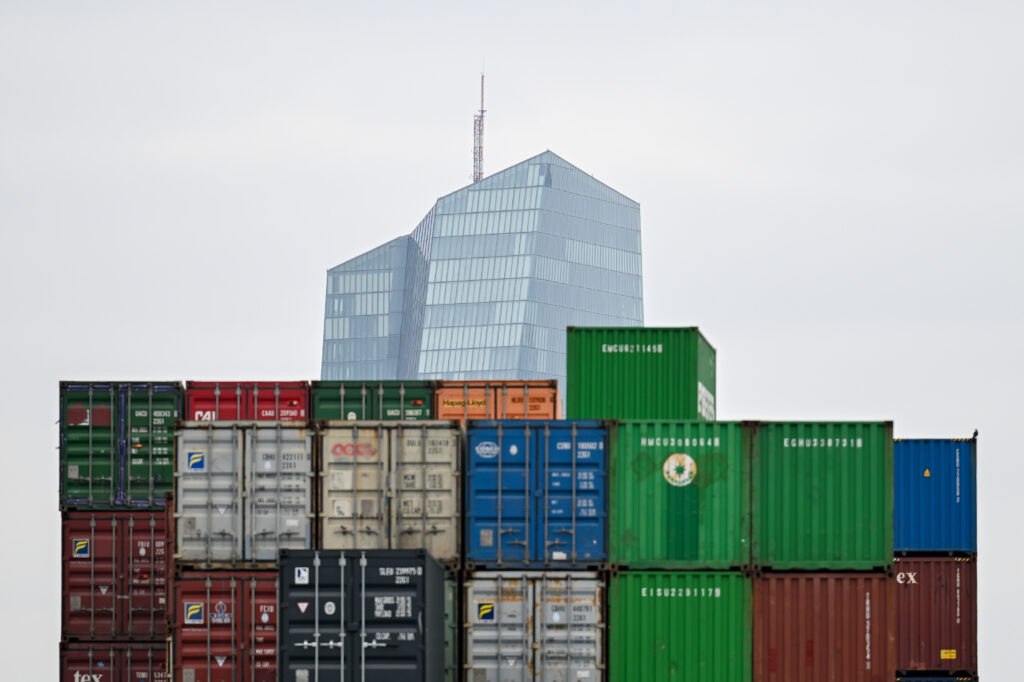WASHINGTON, Oct. 31, 2025—The International Dairy Foods Association (IDFA) submitted formal comments to the Office of the U.S. Trade Representative (USTR) identifying key trade barriers affecting U.S. dairy exports. The comments urge the Administration to take proactive decisive action to improve U.S. dairy’s global market access and competitiveness. The comments will inform USTR’s 2026 National Trade Estimate on Foreign Trade Barriers (NTE) report.
IDFA’s comments highlight persistent and emerging trade challenges in critical markets for U.S. dairy exporters, including Canada, China, the European Union, India, Indonesia, Malaysia, Mexico, Algeria, and the Dominican Republic. The submission advocates for the Administration to swiftly address these concerns while also commending USTR’s recent progress on trade barriers, such as expanded halal certification acceptance in Indonesia and simplified dairy plant registration in Costa Rica. Equally important, IDFA’s comments underscore the need to complement this strategic engagement with sustained vigilance and enforcement of existing trade agreements like the U.S.–Mexico–Canada Agreement (USMCA).
“Trade and global competitiveness are essential to our industry’s success, yet too often, other countries impose barriers that limit how much U.S. dairy can reach global consumers,” said Becky Rasdall Vargas, senior vice president for trade and workforce policy for IDFA. “IDFA appreciates the Trump Administration’s focus on open and fair access to international markets for U.S. dairy products, and we look forward to continuing to work with USTR to ensure that foreign partners live up to their trade commitments and remove unfair barriers that disadvantage U.S. dairy farmers, processors, and workers.”
Among the most pressing trade barriers cited by IDFA are tariff rate quota (TRQ) administration and milk class pricing in Canada, Mexico’s proposal to limit U.S. milk powder imports, China’s state-owned enterprises, and the EU’s expansion of geographical indications (GIs) and environmental regulations. IDFA also called attention to burdensome registration and certification procedures in India and Southeast Asia. Each of these barriers pose unique challenges for U.S. dairy exporters, whether adding unnecessary costs, restricting market entry, or reducing competitiveness.
In addition to these specific concerns, IDFA has recently emphasized the importance of diversifying U.S. dairy export markets to reduce reliance on any single trading partner, particularly China. While China remains the third-largest export destination for U.S. dairy products, IDFA is concerned that the Chinese government’s use of agricultural imports as a political lever poses significant long-term risk.
“As we’ve seen in other sectors of U.S. agriculture, dependence on one large market, like China, can leave our industry exposed,” said Rasdall Vargas. “We must strengthen and expand trade relationships in regions such as Southeast Asia, the Middle East, and the Americas to ensure a resilient, prosperous, and diversified future for U.S. dairy.”
# # #
Contact: press@idfa.org
The International Dairy Foods Association (IDFA), Washington, D.C., represents the nation’s dairy manufacturing and marketing industry, which supports more than 3 million jobs that generate $198 billion in wages and $779 billion in overall economic impact. IDFA’s diverse membership ranges from multinational organizations to single-plant companies, from dairy companies and cooperatives to food retailers and suppliers, all on the cutting edge of innovation and sustainable business practices. Together, they represent most of the milk, cheese, ice cream, yogurt and cultured products, and dairy ingredients produced and marketed in the United States and sold throughout the world. Delicious, safe and nutritious, dairy foods offer unparalleled health and consumer benefits to people of all ages.

